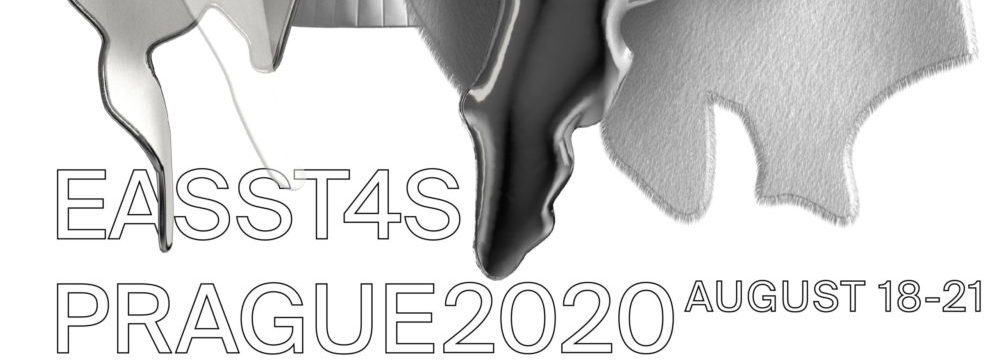Stathis Arapostathis, “Genes, Food and Metabolic Health: Configuring Environment and Food in a Biotech Lab”
The paper is a sociological study of a toxicological and biochemistry lab in a peripheral university of Greece. The aim is to understand the way antioxidants have been introduced by the Biochemistry laboratory of the University of Thessaly in order to question dominant techno-solutionism that stresses the importance of pharmaceuticals to secure healthy conditions at a personal and societal level. The research questions the paper addresses are the following: How antioxidants have become key actors to build the lab’s visionary understanding of the interaction of genes and nutrition? How biochemistry and biotechnology have promoted alternatives to dominant understandings of nutrition and its role in healthy living?
How antioxidants became agents for the promotion of a new model of political economy of knowledge that reproduces knowledge capitalism at regional level. The paper argues that antioxidants have become the immutable mobiles for the lab and its leader to promote the vision of a personalized medicine that is based on well-structured nutrition, new biometrics and the use of local natural resources and products. The paper contributes a sociological analysis of a lab that deconstructs the center-periphery distinction and unravels the enactment of a type of regional capitalism where the surplus value of the local natural resources has been co-produced with new roles for scientists in the neoliberal regime of knowledge making. The paper is based on 18 months of fieldwork that involved interviews with the research team, observations, analysis of reports and published articles.
The next EASST/4S conference will be held in Prague from 18-21st August 2020.


